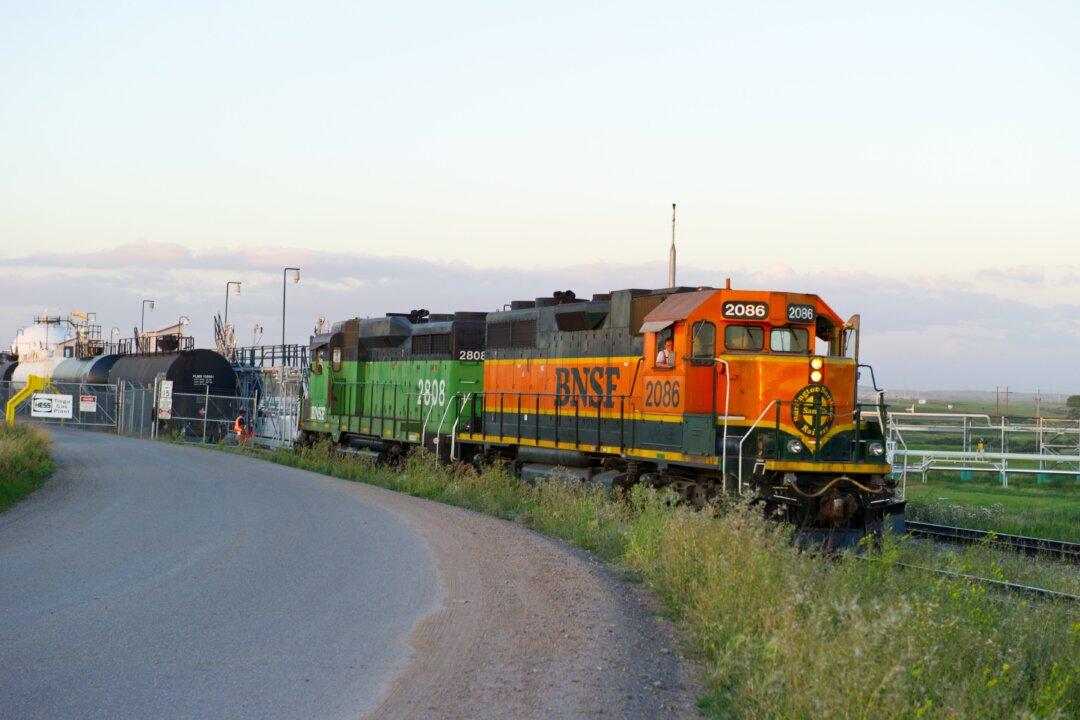An executive order signed by President Joe Biden that could force railroads to allow other operators to use their tracks could reduce competition and increase costs, according to industry experts.
Biden’s order last week in part called on the independent Surface Transportation Board to consider what the Association of American Railroads calls “forced switching” rule.





